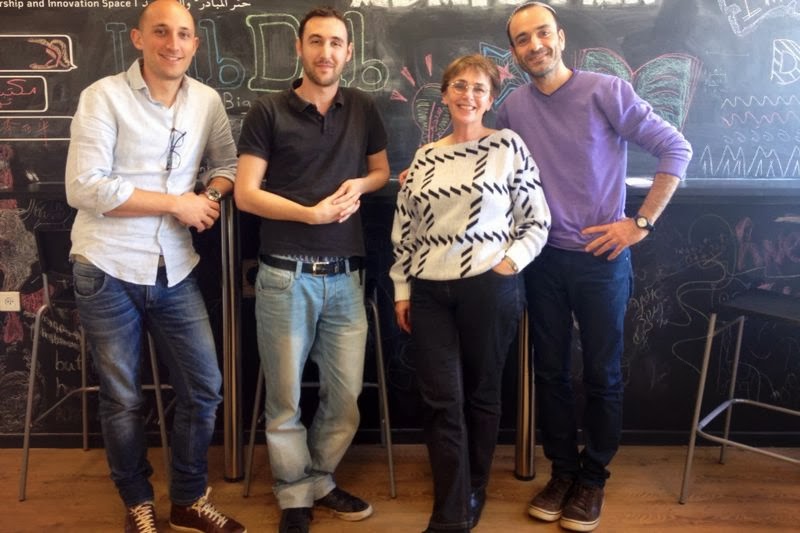We went on holiday to Turkmenistan, a country with a dictator, whose face is plastered everywhere, with monumental buildings and a reasonably good vibe. We had stopped for lunch at a wayside restaurant when I received a call from Armenia. I don't know anyone Armenian... The caller was a British guy, owner of a financial funds transfer firm who wanted to create an online version so foreign workers could transfer money using their phone. Kinneret Yifrah had recommended me to their design firm and could I start working as soon as I got home? Could I? Of course, I could.
That started a great working relationship between myself and NAFCA, the branding and design agency, and I did a voice and tone analysis, created the microcopy and wrote web content. I had a great time and the work was spread out over a few months.
Sometime after that (and microcopy for another business under my belt), a company creating software for product managers contacted me, could I come to visit them. I naïvly went along and only when there realized that I was one of many and I had to prove myself. I was shocked because until then I was the only contender and no questions were asked. Needless to say, I was totally unprepared - I had no portfolio, no ready-to-hand recommendations, etc. - and didn't get the job. I was mortified. Kinneret told me that this was the norm and that I had been living a charmed life until then.
So I created my professional website (jacquilicht.com) using Wix. I had a ball and it's really easy. I also created a basic portfolio. In addition, the microcopy community in Israel was putting up a resource web page and Kinneret listed me there (you needed a website so mine was ready just as the page went live - a happy coincidence).
Now, whenever I'm asked for a portfolio, I customize my basic version according to their needs and present that. Nowadays, if I don't get a job it's usually because of the price.
Talking about pricing. Apparently, the hourly rate that I'd worked out in 2010 was too low for the microcopy market here in Israel. I was told to up it considerably and only go lower if more than 50 hours of work was involved. Over time, I've settled on two hourly rates, one for large corporations and the other for startups. This works for most customers. I refuse to lower the rate any further because then I believe that my work will be taken for granted.




